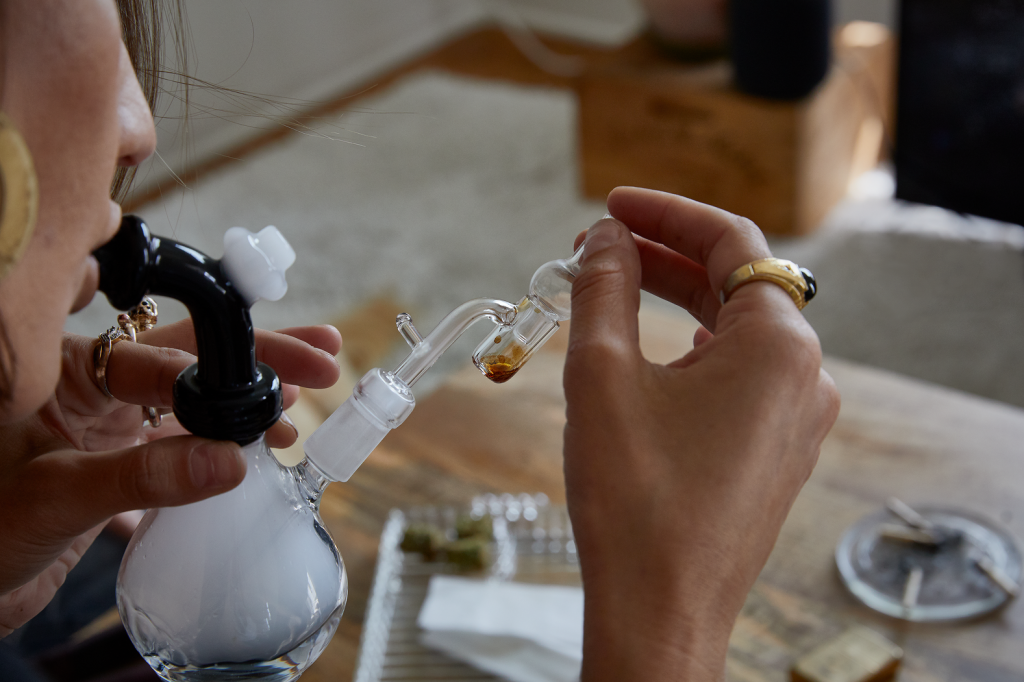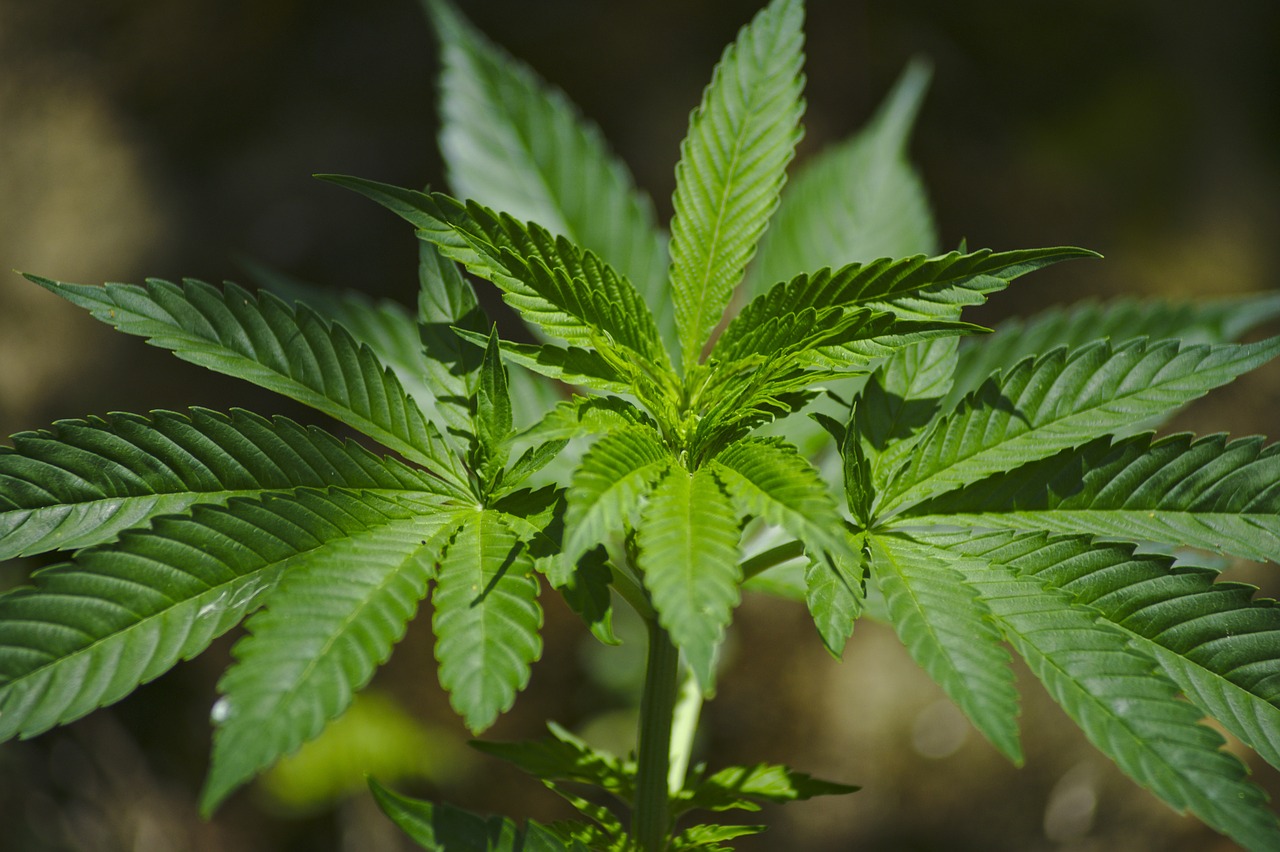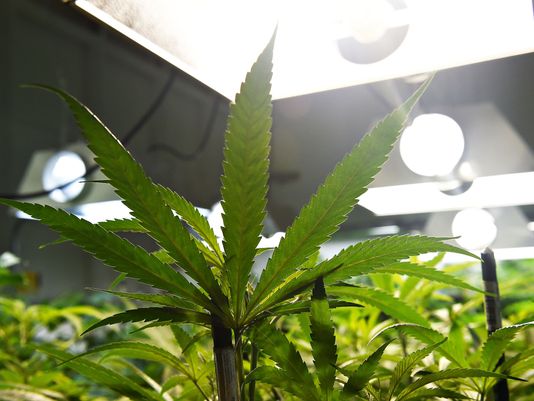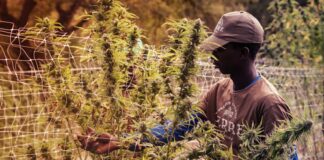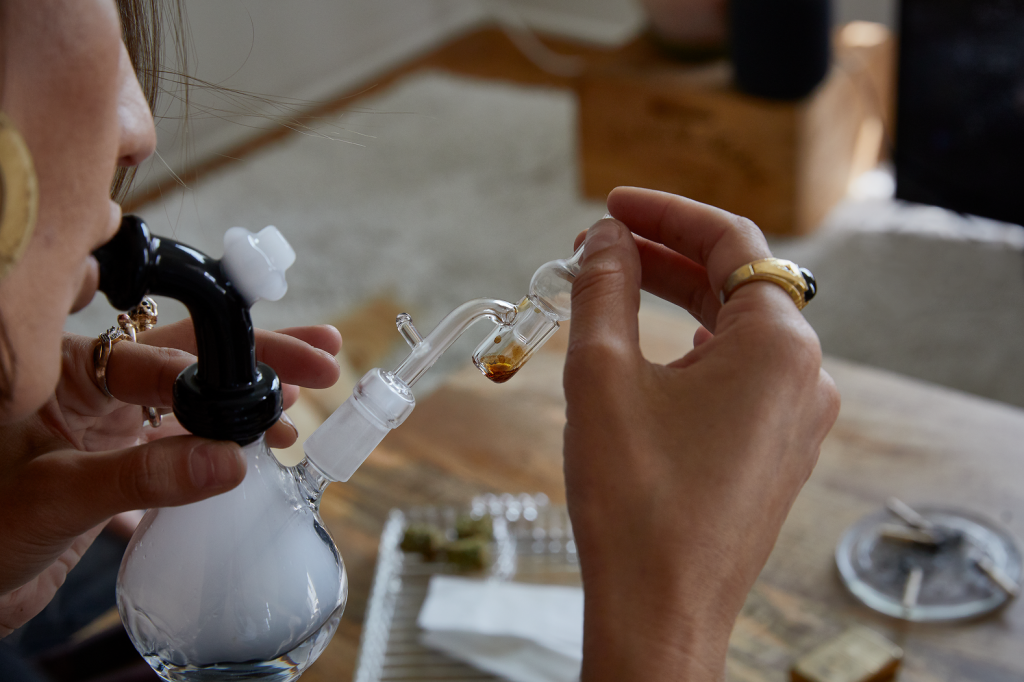
Much research has been dedicated to understanding how the two main components of marijuana, THC and CBD, work independently. But a new study indicates that the cannabinoids interact with each other in unexpected ways that seem to undermine popular notions about CBD and cannabis’s “high.”
A team of Australian researchers recruited 36 individuals, some of whom were regular users and others who consumed infrequently and administered vaporized marijuana in various doses, to learn how different concentrations of the two ingredients affected the participants.
Five doses were administered: a placebo, THC alone (8 milligrams), high-CBD alone (400 milligrams), THC and low-CBD (8 milligrams and 4 milligrams, respectively — which is the closest parallel to popular cannabis products) and THC and high-CBD (12 milligrams and 400 milligrams, respectively). Blood pressure and blood samples were taken, and experts used tests to assess subjects’ level of intoxication throughout the experiment.
Generally speaking, conventional wisdom dictates that CBD, or cannabidiol, is a non-intoxicating compound that can mitigate the high produced by THC. But according to the researchers, that’s not actually the case.
One of their novel findings concerned the high-CBD alone variant. The experts observing participants who vaped that preparation “inferred intoxication but had no direct insight into the internal world of the participants, who felt intoxicated due to distinct feelings of depersonalization, derealization, and altered internal and external perceptions.”
“No such findings have been reported in the literature in relation to high doses of CBD,” the researchers wrote in the study, which was published in January 2019 in the journal European Archives of Psychiatry and Clinical Neuroscience.
They also discovered a somewhat counterintuitive effect of CBD. When participants inhaled the low-CBD and THC variant, their subjective assessment of their intoxication was higher than when they vaporized THC alone, indicating that in low doses CBD might actually enhance the psychoactive effects of THC. Objective analysis of THC concentration in blood plasma and the like also substantiated that finding. This effect was “most prominent in the infrequent users.”
“While precise mechanisms remain to be elucidated, the finding that low doses of CBD may potentiate effects of THC has significant implications for consideration of proportions of THC and CBD that may be recommended within plant matter. With cannabis increasingly being used for medicinal purposes, it is important to ensure that harms are minimized in favor of boosting therapeutic properties. While intoxication per se is not necessarily harmful overall, it is not welcome by many clinical patients, and it may be harmful in situations such as driving under the influence of cannabis.”
In other words, while more research is needed to dial in cannabis dosages, the study’s results could shed a light on how proportions of THC to CBD can be modified to reduce incidents of intoxication and enhance marijuana’s therapeutic properties.
Finally, the study affirmed that CBD can, as previous studies have indicated, mitigate the intoxicating effects of THC — but that effect seems to only occur when the CBD concentration is high.
“These findings, while specific to vaporization and requiring replication, may have implications for recommended proportions of THC and CBD in cannabis being used medicinally or recreationally within the community,” the researchers wrote.
This article has been republished from Marijuana Moment under a content syndication agreement. Read the original article here.


